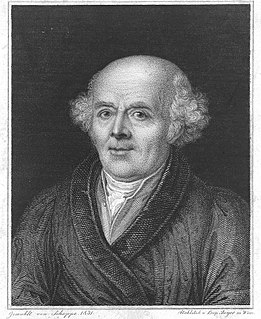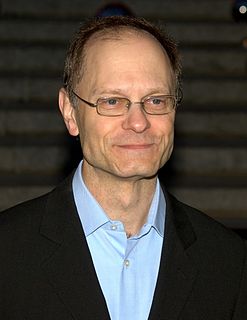A Quote by David Perlmutter
Alzheimer's is a disease for which there is no effective treatment whatsoever. To be clear, there is no pharmaceutical agent, no magic pill that a doctor can prescribe that will have any significant effect on the progressive downhill course of this disease.
Related Quotes
Every effective drug provokes in the human body a sort of disease of its own, and the stronger the drug, the more characteristic, and the more marked and more violent the disease. We should imitate nature, which sometimes cures a chronic affliction with another supervening disease, and prescribe for the illness we wish to cure, especially if chronic, a drug with power to provoke another, artificial disease, as similar as possible, and the former disease will be cured: fight like with like.
A physician who fails to enter the body of a patient with the lamp of knowledge and understanding can never treat diseases. He should first study all the factors, including environment, which influence a patient's disease, and then prescribe treatment. It is more important to prevent the occurrence of disease than to seek a cure.
I want good science, and I want it to be realistically marketed. I wouldn't like only two countries on the planet that allow pharmaceutical companies to market directly to people, New Zealand and the United States. It ought to be better regulated. And when it's presented to people, it ought to be presented in a way that's realistic. For example, often people will prescribe antidepressant medications, and we'll say, you have a brain disease; you'll have to be on these medications permanently. There is no biological marker for depression. It's not true that we know that it's a brain disease.
I regarded finding I had a form of Alzheimer's as an insult, and I decided to do my best to marshal any kind of forces that I could against this wretched disease. I have posterior cortical atrophy or PCA. They say, rather ingenuously, that if you have Alzheimer's it's the best form of Alzheimer's to have.

































